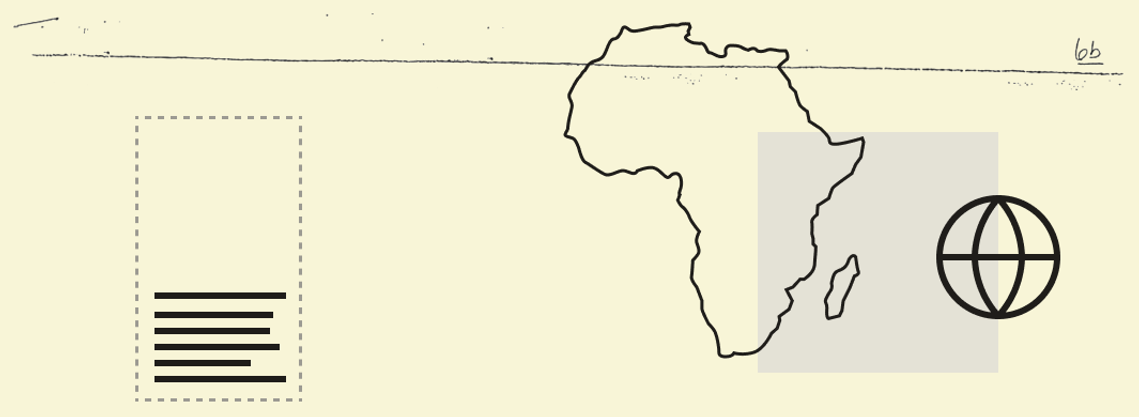 Geopolitics Rwanda Presidency/X Rwanda Presidency/X🇷🇼 🇸🇳 Senegalese President Bassirou Diomaye Faye hosted his Rwandan counterpart Paul Kagame for a two-day diplomatic visit last weekend to strengthen bilateral ties. 🇳🇪 Niger’s prime minister accused Benin of violating trade agreements by blocking it from exporting oil over a border conflict. The blockade jeopardizes landlocked Niger’s $400 million export deal with China National Petroleum Corp. 🇬🇭 Activists have urged the World Bank and IMF to pressure Ghana to reconsider a proposed law under which anyone identifying as LGBTQ+ could be jailed for three years. Governance🇲🇱 Participants in Mali’s national dialogue on Friday recommended extending junta-led rule by three years, to 2027. It followed months-long consultations on the return to democratic rule. 🇳🇬 Nigeria’s central bank governor told the Financial Times interest rates would remain high for as long as necessary to tackle inflation which, at 33.2%, is at its highest level in three decades. Tech 🇹🇿 Loan apps without “a valid license issued by the Bank of Tanzania” have been prohibited from offering services to the country’s residents. 🇿🇦 South African telecoms company MTN said it is revising its internet data offerings in the country with a view to raising its prices amid a challenging business environment. 🌍 Money transfer app Chipper Cash resumed its US-to-Africa service two months after pausing it to restructure its staffing. Deals🇸🇳 Senegalese e-commerce startup Maad raised $3.2 million in a round led by Nigerian investor Ventures Platform. 🇰🇪 East African Cables said it had entered into an agreement to sell its 51% stake in its Tanzania subsidiary to chemicals manufacturer Msufini Tanzania, in a bid to reduce its debt. Elections Joris Bolomey/AFP via Getty Images Joris Bolomey/AFP via Getty Images🇹🇩 Chadian opposition politician Succes Masra (pictured) formally called on the country’s Constitutional Council to annul last week’s presidential election. Junta leader Mahamat Idriss Deby was declared the winner with 61% of the vote against Masra’s 18%. |